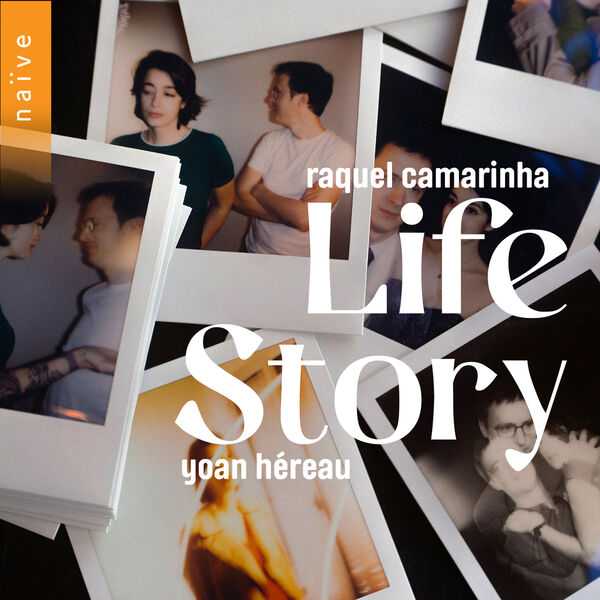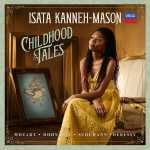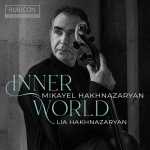

Composer: Thomas Adès, Benjamin Attahir, Leonard Cohen, Claude Achille Debussy, Robert Schumann
Performer: Raquel Camarinha, Yoan Hereau
Format: FLAC (tracks)
Label: Naïve
Catalogue: V7086
Release: 2023
Size: 1.05 GB
Recovery: +3%
Scan: yes
01. Adès: Life Story, Op. 8
Debussy: Cinq poèmes de Baudelaire, L. 64
02. No. 1, Le Balcon
03. No. 2, Harmonie du soir
04. No. 3, Le jet d’eau
05. No. 4, Recueillement
06. No. 5, La mort des amants
Attahir: A criança em ruínas
07. Este foi o ano em que nasceste
08. Fingir que está tudo bem
09. O teu sono anoiteceu mais que a noite
10. O tempo, subitamente solto
Schumann: Frauenliebe und Leben, Op. 42
11. No. 1, Seit ich ihn gesehen
12. No. 2, Er, der Herrlichste von allen
13. No. 3, Ich kann’s nicht fassen
14. No. 4, Du Ring an meinem Finger
15. No. 5, Helft mir, ihr Schwestern
16. No. 6, Süsser Freund, du blickest
17. No. 7, An meinem Herzen, an meiner Brust
18. No. 8, Nun hast du mir den ersten Schmerz getan
19. Cohen: Dance Me to the End of Love
In this new album, the Portuguese soprano Raquel Camarinha and the French pianist Yoan Héreau explore a rich variety of musical and poetic genres: ‘Life Story’ is a series of life stories with works that echo them down through the centuries, in different languages, that analyses a whole range of feelings of love.
The album owes its title to the text by Tennessee Williams, which also gave its name to opus 8 composed in 1993 by Thomas Adès, music with powerful expressivity, followed by Debussy’s Baudelaire cycle. In addition to the pleasure of hearing the soprano sing in her mother tongue: A criança em ruínas (A child in ruins), composed by Benjamin Attahir to the words of the author José Luís Peixoto, commissioned by the Festival Messiaen au Pays de la Meije in 2019, introduces a heartrending cry.
For Raquel Camarinha, “these airs tell of an intimate journey, the story of an unbearable grief that the narrator attempts to overcome, the experience of mourning and a return to peace in a sensitive perception of time and of loss.”
The creation then gives way to a masterpiece of Romanticism, Frauenliebe und leben, in which Schumann relates eight episodes of ‘a woman’s love and life’. “In this work, more so than in the others,” explains Yoan Héreau, “you perceive a unity of the piano and the voice. The piano is absolutely neither in the illustration nor the extension of the song.”
To close this demanding programme, the reprise of the cult song ‘Dance Me to the End of Love’ gives us the clear voice of the soprano in contrast to the low, melancholic voice of Leonard Cohen. An arrangement of pure musical quality, poignant and restful.
A virtuosic programme covering different poetic and vocal spheres, also firmly rooted in the familiarity of the voice-piano duet that the two performers, have been working on together for some years now.



